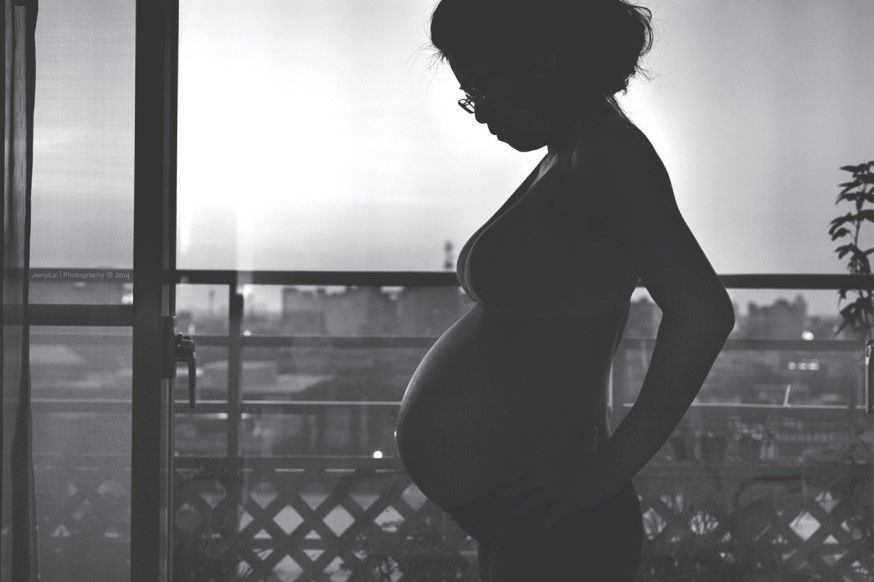
© Jerry Lai
1.G 191 (if not otherwise stated)
Clinics and medical centers worldwide off er assisted reproductive technologies while more and more women and couples utilize these services. The rising demands as well as the off er of these medical and technical procedures are in the center of the public and bioethical debates. The debate focuses on individual reproductive self determination, the right to have an “own” child and the legitimacy to fulfill this desire through the use of reproductive technologies. But this debate leaves out significant questions that arise along with the transnational use of reproductive technologies as well as it ignores the social relations of these technologies – as other individuals and groups are involved in and affected by these procedures. The lecture series focuses on these “Others” of reproductive medicine and practices.
How does the global expansion of reproductive technologies influence the lives of women who sell their egg cells or work as surrogates? Reproductive technologies readily embrace prenatal diagnostic and screening procedures to check the development of the embryo or fetus. Which values and beliefs concerning bodily normality are linked to these diagnostic procedures and in which way are people affected who do not fit in hegemonic perceptions of normal bodies? The wish to get an “own” child is based on genetic ideas of belonging and kinship. What are the drivers of these developments and which other transgenerati onal forms of living together are shielded? More importantly: Whose desire to have children is at the center of public attention? Which laws and health policy regulati ons exclude would-be-users of reproductive technologies which want to build families apart from heteronormative constellations? Moreover: Which women are purposeful kept from having (more) children through populati on policies and the use of hightech contraceptives? The interdisciplinary lecture series discusses these questions from the perspective of Cultural Anthropology, History, Political Science and Sociology.
| Attachment | Size |
|---|---|
| 3.19 MB |
